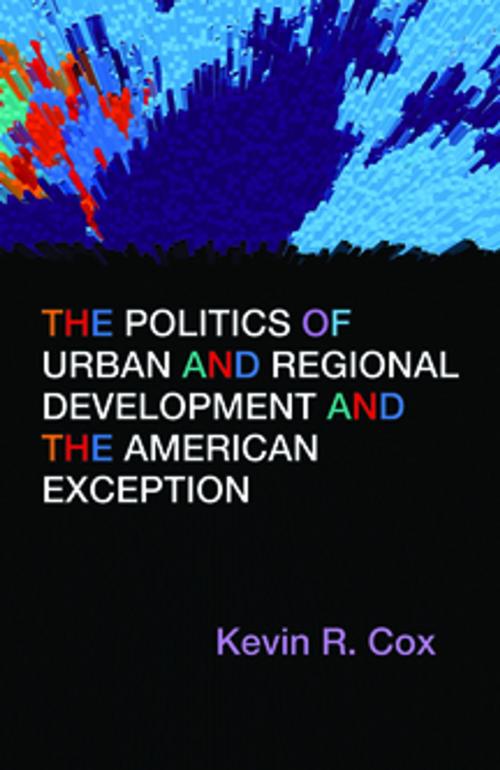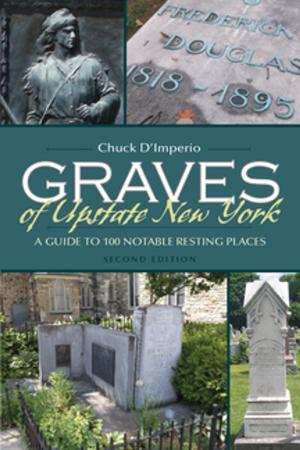The Politics of Urban and Regional Development and the American Exception
Nonfiction, Social & Cultural Studies, Political Science, Politics, Regional Planning, City Planning & Urban Development, Social Science, Human Geography| Author: | Kevin R. Cox | ISBN: | 9780815653615 |
| Publisher: | Syracuse University Press | Publication: | October 12, 2016 |
| Imprint: | Syracuse University Press | Language: | English |
| Author: | Kevin R. Cox |
| ISBN: | 9780815653615 |
| Publisher: | Syracuse University Press |
| Publication: | October 12, 2016 |
| Imprint: | Syracuse University Press |
| Language: | English |
Although all advanced industrial societies have urban and regional development policies, such policy in the United States historically has taken on a very distinct form. Compared with the more top-down, centrally orchestrated approaches of Western European countries, US cities and, to a lesser degree, states, take the lead, spurred on by developers and those with interest in rent. This bottom-up policy creates conflict as one city battles with another for new investments and as
real estate developers fight over the spoils, resulting in highly contentious politics.
In The Politics of Urban and Regional Development and the American Exception, Cox addresses the question of why US policy is so unique. In doing so, he illustrates the essential characteristics of American regional development through a series of case studies including housing politics in Silicon Valley; the history of the Dallas–Fort Worth International Airport; and a major redevelopment project that was rebuffed in Columbus, Ohio. Cox contrasts these examples with Western Europe’s tradition of centralized governmental involvement and stronger labor movements that historically have been more concerned with creating what he calls "the good geography" than profits for developers, whatever the shortfalls in policy outcomes might be. The differences illuminate the peculiar nature of political engagement and local competition in shaping the way US urban development has evolved.
Although all advanced industrial societies have urban and regional development policies, such policy in the United States historically has taken on a very distinct form. Compared with the more top-down, centrally orchestrated approaches of Western European countries, US cities and, to a lesser degree, states, take the lead, spurred on by developers and those with interest in rent. This bottom-up policy creates conflict as one city battles with another for new investments and as
real estate developers fight over the spoils, resulting in highly contentious politics.
In The Politics of Urban and Regional Development and the American Exception, Cox addresses the question of why US policy is so unique. In doing so, he illustrates the essential characteristics of American regional development through a series of case studies including housing politics in Silicon Valley; the history of the Dallas–Fort Worth International Airport; and a major redevelopment project that was rebuffed in Columbus, Ohio. Cox contrasts these examples with Western Europe’s tradition of centralized governmental involvement and stronger labor movements that historically have been more concerned with creating what he calls "the good geography" than profits for developers, whatever the shortfalls in policy outcomes might be. The differences illuminate the peculiar nature of political engagement and local competition in shaping the way US urban development has evolved.















